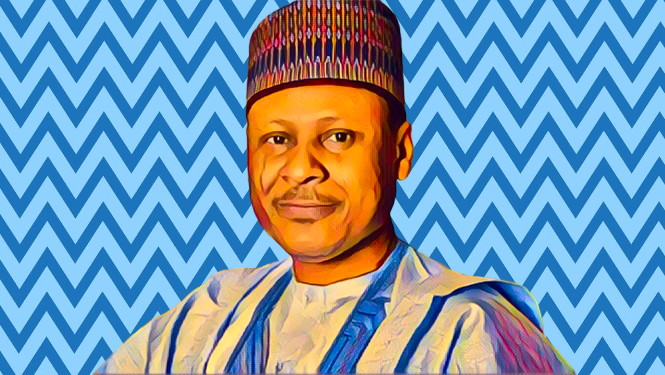In a significant policy shift, the Nigerian government has announced plans to raise the minimum wage to over ₦60,000, addressing the demands of labor unions and ending a nationwide strike that has disrupted multiple sectors. This decision, revealed on June 3, marks a breakthrough in the ongoing labor dispute led by the Nigeria Labour Congress (NLC) and the Trade Union Congress (TUC).
The nationwide strike, which began as a protest against the current ₦30,000 minimum wage, highlighted the financial struggles faced by Nigerian workers amid rising inflation and a depreciating naira. Workers from various industries, including healthcare, education, and public services, participated in the strike, demanding a minimum wage of ₦50,000.
After intense negotiations and mounting pressure from the unions, the federal government made a dramatic U-turn, proposing a new minimum wage that exceeds ₦60,000. This move aims to ease the economic burden on workers and restore stability across the nation.
“We have heard the cries of our workers and recognize the urgent need to improve their living conditions,” said Festus Keyamo, Minister of State for Labor and Employment. “This decision reflects our commitment to ensuring fair wages and addressing the economic challenges faced by Nigerian families.”
The announcement has been met with a mix of relief and cautious optimism from labor leaders. Ayuba Wabba, President of the NLC, welcomed the government’s offer but emphasized the need for concrete implementation.
“This is a step in the right direction, but we will remain vigilant to ensure that this promise is fulfilled,” Wabba stated. “Our struggle has always been about securing a livable wage for Nigerian workers, and we will continue to advocate for their rights.”
The proposed wage increase is expected to provide significant relief to millions of Nigerian workers who have struggled to cope with the rising cost of living. However, experts warn that the government must take additional measures to address inflation and stabilize the economy to make this wage increase sustainable.
“The increase in the minimum wage is a positive development, but it must be accompanied by policies that curb inflation and promote economic growth,” said a local economist. “Without these measures, the benefits of the wage increase could be eroded by rising prices.”
The government’s decision to raise the minimum wage comes after weeks of negotiations with labor unions and other stakeholders. The breakthrough in talks was achieved through a series of high-level meetings aimed at finding a compromise that would end the strike and address workers’ grievances.
As the details of the new wage structure are finalized, the government has pledged to work closely with the unions to ensure a smooth implementation. This includes setting a timeline for the rollout of the new wages and establishing mechanisms to monitor compliance across various sectors.
Public reaction to the wage increase has been largely positive, with many Nigerians expressing hope that the new minimum wage will improve living standards and reduce poverty.
“This is a much-needed relief for many of us,” said a teacher in Abuja. “We have been struggling to make ends meet, and this new wage will go a long way in helping us provide for our families.”
The successful resolution of the wage dispute is seen as a crucial step towards restoring normalcy in Nigeria. It is expected to bring an end to the disruptions caused by the strike and foster a more stable and productive environment.
As the country moves forward, there is a renewed sense of hope that the government’s commitment to improving workers’ welfare will lead to broader economic and social benefits. The increase in the minimum wage is a testament to the power of collective action and the importance of addressing the needs of the workforce in building a prosperous nation.
Source: Tribune Online


